Using Herbs to Help with Indigestion
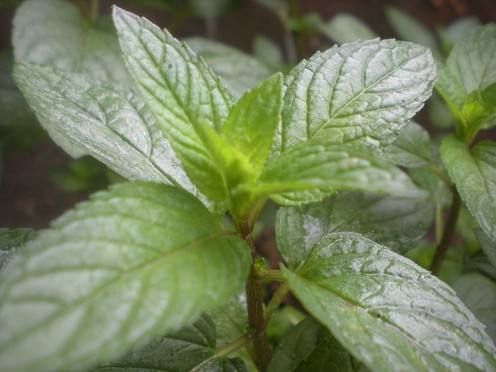
Suffering from Indigestion, can herbs help?
Many people suffer from stomach discomfort that stems from indigestion. There are many reasons we can get indigestion in the first place. Whatever the reason is, one thing is for sure, you will definitely try and stop the pain and/or discomfort. As you get to know your body better over time, and pay attention to what may set off your indigestion, you may be able to decrease problems that way.
Herbal remedies have been around probably as long as humanity has been! How wonderful that nature provides us with so much that can help "cure what ails us!" Here are some herbs that can help with indigestion, and as always consult your doctor before using anything to treat yourself for your medical conditions. He or she will know what is best, but a little knowledge about herbs can't hurt either. There are probably more herbs than what I share here, that can help with stomach discomfort. These will give you a good idea of what is out there that you can look into more. Or perhaps you have some peppermint tea around the house, and you had no idea it may help to soothe ones stomach? I always try to keep peppermint teas on hand among many others.
Ginger
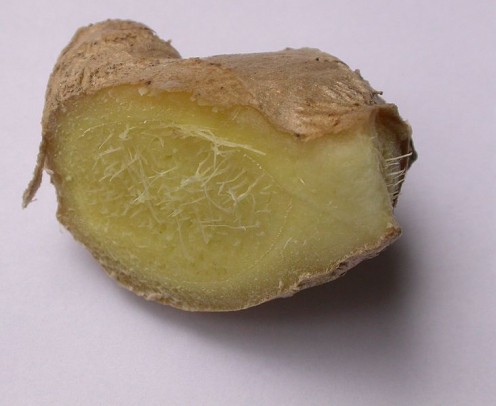
Ginger
Ginger is great for soothing the muscles that line the intestines, to help prevent spasms that cause discomfort. It helps with both cramping and indigestion. There are some compounds found in ginger that are similar to the digestive enzymes that help our bodies to break down proteins.
There was an interesting Italian study on seasickness, where passengers that were tested using medicines and ginger. Those that used the medicine did better with their seasickness, but those with ginger did quite a bit better than even those with the regular medicine to treat the symptoms of being seasick.
The parts of Ginger used are the roots, or rhizomes. Currently, I have a ginger tea I like to drink, and that would be a great place to start.
Lemon Balm
I have grown this in my herb garden in the past, but didn't know at the time that it helped aid indigestion. Lemon balm has long been known as a great herb for indigestion, or as a digestive aid. German researchers found that lemon balm helps to relax the muscles in the digestive tract. Its not that different from how other herbs in the mint family help with indigestion. The parts used as herbal remedies are the leaves.
Peppermint
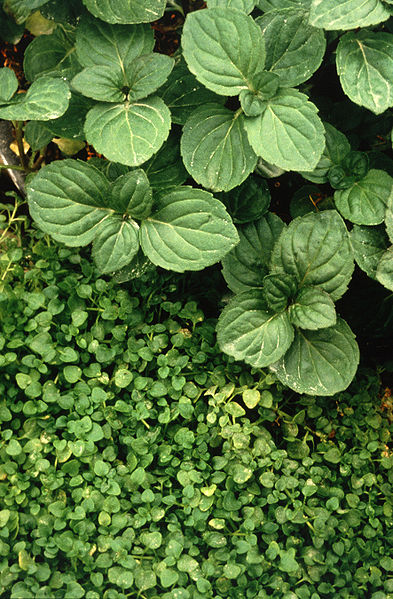
Peppermint
Peppermint leaves and flowers are used in herbal remedies, and it is one of my family's favorite herbs. I love to grow mint in pots, so it doesn't become invasive in the garden, but to just take a leaf of peppermint and rub it between your fingers gives off the most amazing aroma.
There is something to be said for the peppermint after dinner mint! Peppermint is an antispasmodic, so your stomach will feel more peaceful and not tend to get "upset". There is menthol and carvone in peppermint. These are the things that make peppermint so wonderful for the digestive tract. It has also been known to be helpful with irritable bowel syndrome or IBS.
Catnip
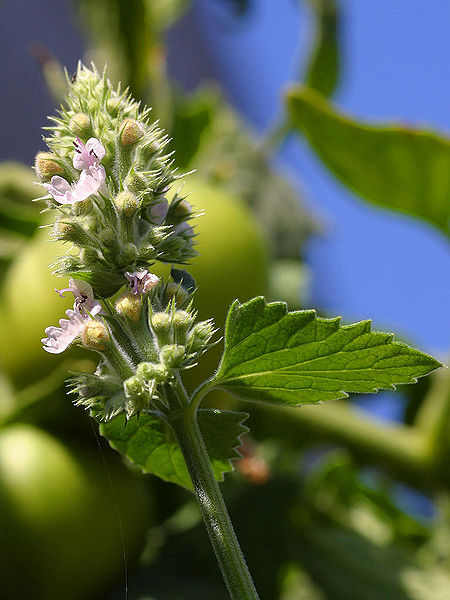
Catnip, its not just for cats!
Many of the herbal "mints" are considered antispasmodics, which helps your digestive tract. Catnip is from the mint family, and is no different in this regard. Catnip can help to soothe the muscles within the digestive tract which calms things down when you get stomach upset or indigestion very often. It has a calming and smooth effect. You can try some catnip tea after meals to see if that might help you. It has helped many with indigestion and heartburn. The parts of the catnip herb that are used for teas are the flowers and the leaves.
Fennel
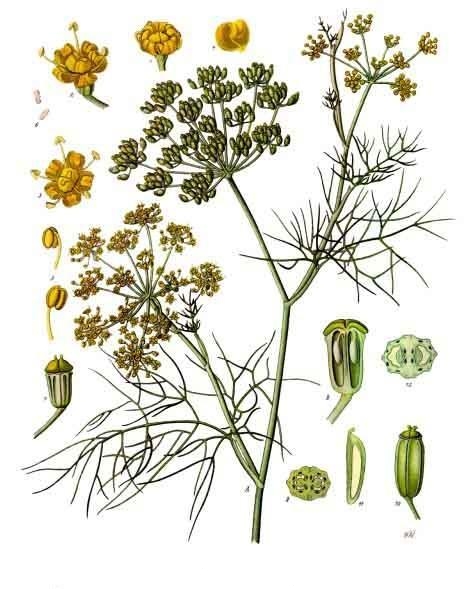
Fennel or Fennel Seeds
The seeds of fennel, the stalks and bulbs are all used in cooking and herbal remedies. While this is another antispasmodic for the lining of the intestines and stomach, it has the added benefit of being helpful with eliminating gas. It helps to promote the secretion of bile which can help in the digestion of fats.
There has been some European research that found that fennel kills some bacteria as well. This is great for those suffering from diarrhea. In many countries like Germany, where herbal remedies were quicker to be embraced and used, you can find herbs like fennel and others being used in may medicines and remedies. They seem to be thoroughly convinced they are helpful to us for healing and helping aid symptoms.
Turmeric
When using turmeric as an herbal remedy, you will want to use the rhizomes and roots. This is that herb that makes Curry what it is (at least in part). It can help with food poisoning, which definitely will cause an upset stomach at the very least. It also can help with irritable bowel syndrome, ulcers, ulcerative colitis, and of course the digestive problems in general.
Turmeric stimulates the flow of bile, which in turn helps digest fats. Many people end up getting their gall bladder taken out, because of problems with it. If it is not helping to make the needed bile for digesting tougher fats, then the attacks and pain that come with that problem are hard to take. Turmeric is a great digestive aid.
Beautiful white flowers of bacopa

Bacopa
Findings from pilot studies have shown that bacopa may act as a stomach soother, among many other healthful benefits. There seems to be a relaxing effect for the digestive tract. There may some beneficial effect for the person suffering from indigestion or irritable bowel syndrome. One thing of particular interest is that bacopa was shown to supress the bacteria Helicobacter pylori. This is a bacteria that causes ulcers. The whole bacopa plant is used as a remedy and is also known as brahmi or water hyssop.
Artichoke
Some people say the artichoke leaf is the main part to use for herbal remedies. Others say that the flower and lower portions of the barbed scales are the best. Artichoke helps more than with just indigestion. It helps with Irritable bowel syndrome, and helps to inhibit microbes as well.
There was a neat German study done where a large group was given a placebo, and the other group given artichoke. The group that used the artichoke showed amazing results compared to the other group, and shared that it helped to raise their quality of life as well. Its so interesting to see what can be found out from using placebos. It seems to be very cut and dry form of testing. There were other studies done in Britain, and they found the same thing to be true.
Cayenne
Cayenne is surprising in regards to how much it helps people with stomach issues. I can personally vouch for the incredible effect that cayenne has in helping someones stomach. I simply can't say enough good about cayenne, and not just because I like the spiciness of it, though that is incredible! There has been an assumption about cayenne over the years, that because it is spicy, that it must hurt a persons digestive tract the way other very hot peppers or spices can. This simply isn't true.
I have noticed over the last few years, that the more cayenne I use, the less overall stomach discomfort I feel at all. I know it doesn't sound like it makes a lot of sense, but it does to me now. I love to grow cayenne, and allow it to ripen then dry, to later grind up with a mortar and pestle to make my own cayenne pepper. I sprinkle this into my spaghetti sauces, chili, eggs, even garlic toast and chicken noodle soup. You don't need a lot, and this helps so much, that you might be amazed. Check with your doctor of course with any changes, and know that there are also capsule type forms of this herb, if you don't like spicy things. I would highly recommend looking into this amazing herb.









